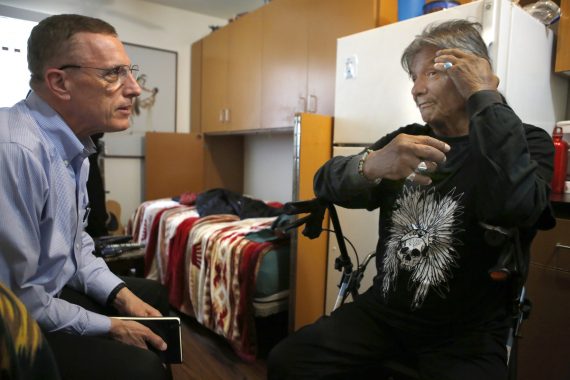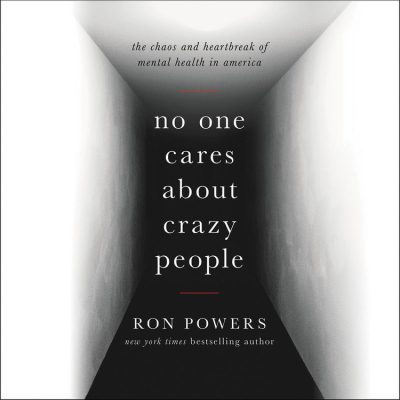(8-16-17) While many are enjoying vacations during the final days of summer, my good friend and one of the heroes in my book, Judge Steve Leifman, continues to push for ending costly and inappropriate incarceration of individuals with severe mental illnesses and abuse problems. This month, Judge Leifman joined Norman Ornstein in publishing an article in The Atlantic about CIT and jail diversion. At about the same time, the Miami Herald published a story about Judge Leifman’s continued efforts to turn Miami into a national model. Bravo Judge! Bravo!
How Mental-Health Training for Police Can Save Lives—and Taxpayer Dollars
But only if officials at all levels of government are willing to invest in it up front.

Since 2010, the City of Miami and Miami-Dade County police, have handled 71,628 mental health-related calls—but only have made only 138 arrests. Miami-Dade taxpayers were on the hook for millions of dollars from wrongful-death lawsuits; today, fatal shootings are down almost 90 percent. More than 20 percent of those in county jails had serious mental illnesses, costing many millions to keep them there. Recently, the decline in arrests and incarcerations enabled the county to close a jail and save taxpayers $12 million a year.
What changed?
A comprehensive program to structurally transform the way the community responded to people with mental illnesses.
Read the entire article here.
A mental-health facility 13 years in the making is one vote away from becoming reality
For Steven Leifman, this is a dream come true.





 UPDATE: On Friday afternoon (8-4), a spokesperson for Rep. Tim Murphy (R.-Pa.) issued the following statement about Dr. McCance-Katz’s confirmation.
UPDATE: On Friday afternoon (8-4), a spokesperson for Rep. Tim Murphy (R.-Pa.) issued the following statement about Dr. McCance-Katz’s confirmation.

